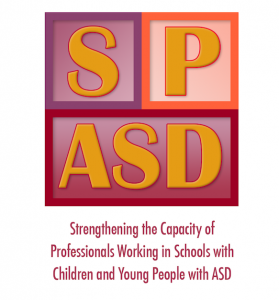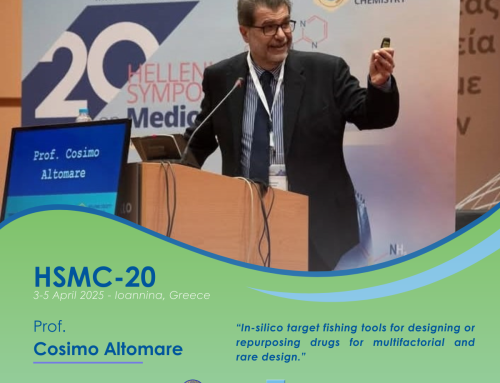 Bucharest, November 30th, 2017. The new European project SPASD – Strengthening the Capacity of Professionals Working in Schools with Children and Young People with Autism Spectrum Disorder (ASD) – was officially kicked off in Bucharest, Romania, on November 30th, 2017.
Bucharest, November 30th, 2017. The new European project SPASD – Strengthening the Capacity of Professionals Working in Schools with Children and Young People with Autism Spectrum Disorder (ASD) – was officially kicked off in Bucharest, Romania, on November 30th, 2017.
The project, which is funded under the H2020 Program (207-1-RO01-KA201-037459, Erasmus Plus – Strategic partnership program 2017) will last 24 months, and is led by Romanian Angel Appeal Foundation (RAA), Romania gathering a consortium of 4 partners beyond the coordinator: Universitair Medisch Centrum Groningen/Academisch Ziekenhuis (UMCG), The Netherlands, Consorzio per Valutazioni Biologoche e Farmacologiche (CVBF), Italy; Universitatea Babes Bolyai (UBB), Romania; Fundacja Synapsis, Polonia.
SPASD project targets primary, secondary and high school teachers from mainstream schools as being the main actors able to combat early school dropout and to increase school integration of children with Autism spectrum disorder (ASD). The project arose within the EU and national policies promoting equal possibilities in accessing education for all children and the integration of children with disabilities into the general education system providing them with individual and appropriate support.
ASD is no longer considered a rare condition and we know now that levels of cognitive functioning of individuals with ASD cover the whole range, from intellectual disability to high functioning. Nevertheless, all the four partner countries (Romania, Poland, Italy, the Netherlands) report difficulties in managing children with ASD in a regular classroom due to teachers’ low competencies in working with ASD students; limited school resources to train staff, provide teaching adaptation tools and educational support services; discrimination.
To overcome these difficulties in the view of a special and inclusive education, the project proposes a set of activities that respond to the following objectives:
1. Strengthen the knowledge and skills of conducting inclusive classrooms and dealing with complex classroom realities for 800 teachers from mainstream schools in 4 countries through e-learning.
2. Support teachers from 12 schools in acquiring/improving the use of ICT in teaching ASD children.
3. Improving access of teachers to high quality learning through a set of four original e-learning materials disseminated towards over 120 local and national school authorities.
The project will provide four e-learning modules (intellectual output) dedicated to school teachers: O1) general information on ASD, understanding and managing ASD in the classroom; O2) curriculum adaptation for students with ASD; O3) using ICT in teaching ASD students; O4) helping students with ASD transitioning from school to adult life.
The kick-off meeting held in Bucharest on November 30th, 2017 was an occasion to discuss about the development and accreditation of the e-learning modules and about the methodology for the baseline and final project evaluations; the communication and dissemination activities to be performed and the transnational meeting to be organized.
All partners were present at the meeting, giving the opportunity to all participants to have a fruitful discussion and a detailed understanding of the tasks and goals of the project.



